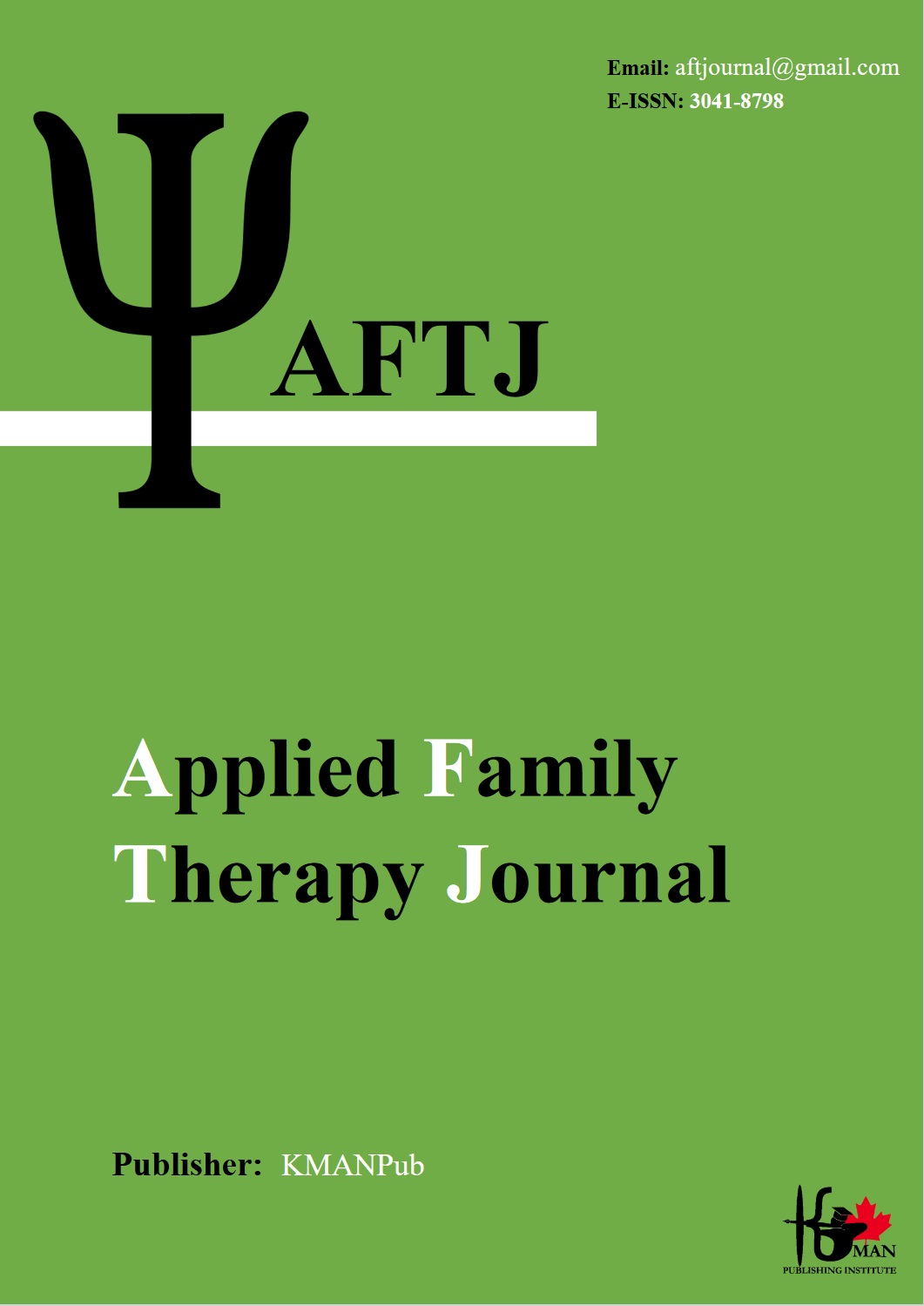Comparison of the effectiveness of social skills training and training of cognitive emotion regulation strategies on social adjustment and positive and negative emotions in Man with type I bipolar disorder
Keywords:
Social skills training, Cognitive emotion regulation strategies training, Social adjustment, Positive and negative emotion, Bipolar patients.Abstract
Aim: The aim of this study was to compare the effectiveness of social skills training and teaching cognitive emotion regulation strategies on quality of life, social adjustment and positive and negative emotions in patients with type I bipolar disorder. Methods: The research method was quasi-experimental clinical trial. The statistical population of the study included bipolar mood patients of type one who were approved by the Welfare Organization in the type diagnosis and severity of disability commission and had a file in one of the treatment and rehabilitation centers for chronic mental patients in East Azerbaijan province. The statistical sample consisted of 45 people who were selected by available sampling method and randomly assigned to two experimental groups (first experimental group 15 and second experimental group 15) and control group (15). First, the questionnaires of quality of life (WHO, 2007), social adjustment (Bell, 1961) and positive and negative emotions (Watson et al., 1996) were completed by the groups. In the next stage, the experimental groups participated in sessions of social skills training and training of cognitive emotion regulation strategies, while the group did not receive a training certificate. At the end of the training sessions, the mentioned questionnaires were completed again by the groups. Finally, the data obtained from the groups were prepared for analysis. Findings: Results: The results of analysis of covariance showed that social skills training method had a greater effect on social adjustment and negative emotion than emotion regulation strategies and emotion regulation training method had a greater effect on positive emotion than patients training. Polar had type one.
Downloads
Downloads
Published
Issue
Section
License

This work is licensed under a Creative Commons Attribution-NonCommercial 4.0 International License.























